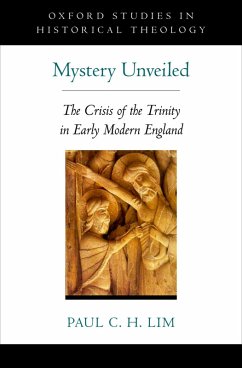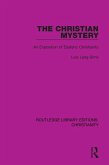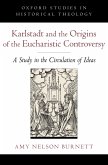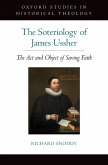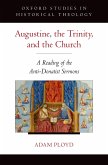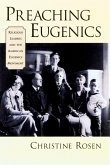Winner of the Sixteenth Century Society's Roland H. Bainton Prize for History or Theology Paul C. H. Lim offers an insightful examination of the polemical debates about the doctrine of the Trinity in seventeenth-century England, showing that the philosophical and theological re-configuration of this doctrine had a significant impact on the politics of religion in the early modern period. Lim's analysis of these heated polemics shows how Trinitarian God-talk became untenable in many ecclesiastical and philosophical circles, leading to the emergence of Unitarianism. He demonstrates that those who continued to uphold Trinitarian doctrine articulated their piety and theological perspectives in an increasingly secularized culture of discourse. Drawing on both unexplored manuscripts and well-known treatises of Continental and English provenance, he uncovers the complex layers of the polemic: from biblical exegesis to reception history of patristic authorities, from popular religious radicalism during the Civil War to Puritan spirituality, from Continental Socinians to English anti-Trinitarians who claimed an independent theological identity, from the notion of the Platonic captivity of primitive Christianity to that of Plato as "Moses Atticus." Among this book's surprising findings are that Anti-Trinitarian sentiment arose in a Puritan ambience in which biblical literalism overrode rationalistic presuppositions, and that theology and philosophy were more closely connected during this period than previously thought.
Mystery Unveiled fills a significant lacuna in early modern English intellectual history.
Dieser Download kann aus rechtlichen Gründen nur mit Rechnungsadresse in A, B, BG, CY, CZ, D, DK, EW, E, FIN, F, GR, HR, H, IRL, I, LT, L, LR, M, NL, PL, P, R, S, SLO, SK ausgeliefert werden.

